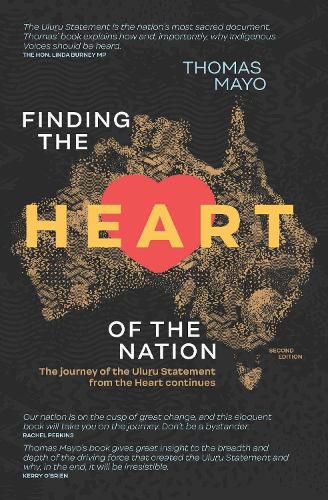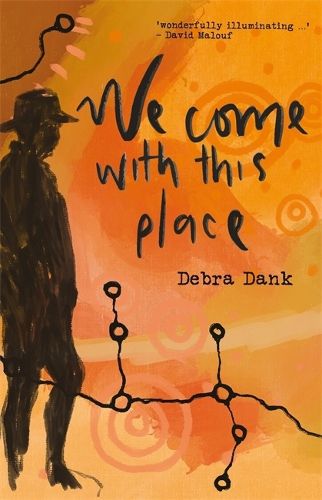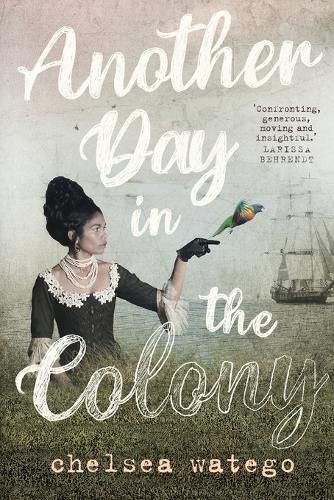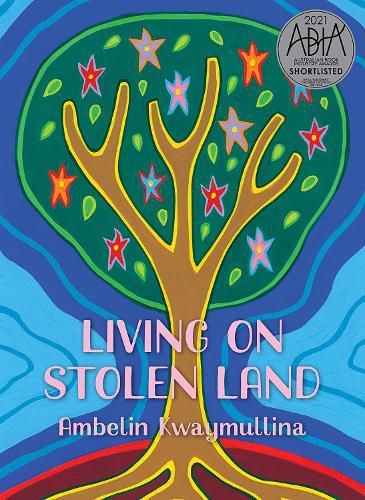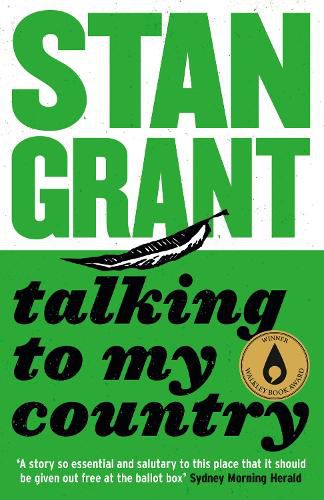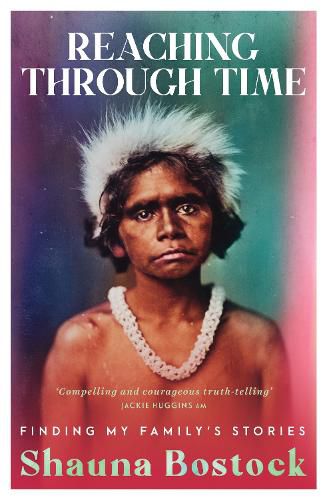May 27th - June 3th marks National Reconciliation Week, a time to reflect on Australia's colonial history and to consider how we can contribute to ongoing reconciliation. The theme for 2024 is 'Now More Than Ever', so we've put together this collection of nonfiction by First Nations authors that reflects the need for continued action and empathy, in order to achieve meaningful reconciliation between all Australians.
Finding the Heart of the Nation by Thomas Mayo
In this updated edition of the 2017 bestseller, Aboriginal and Torres Strait Islander author Thomas Mayo gets behind the politics and legal speak to explain why the Uluru Statement from the Heart is an invitation to all Australians to work towards a better future. There's also a version for young readers, to help kids understand Australia's past, and the importance of the Uluru Statement from the Heart.
Completing his writing just after the 2022 federal election, Thomas has included a new introduction and conclusion, as well as a call to action for all Australians. This collection of stories offers hope and tells us how we, as Australians, may find our collective heart.
We Come with This Place by Debra Dank
We Come with This Place is a remarkable book, as rich, varied and surprising as the vast landscape in which it is set. Debra Dank has created an extraordinary mosaic of vivid episodes that move about in time and place to tell an unforgettable story of country and people. Dank faces head on the ingrained racism that lies under the skin of Australia, born of brutal practice and harsh legislation.
We Come with This Place is a deeply personal, profound tribute to family and the Gudanji Country to which Debra Dank belongs, but it is also more than that. It's a depiction of Australia as it once was, and as it became, but also Australia as it could and should be.
Another Day in the Colony by Chelsea Watego
In this collection of deeply insightful and powerful essays, Chelsea Watego examines the ongoing and daily racism faced by First Nations peoples in so-called Australia.
Drawing on her own experiences and observations of the operations of the colony, she exposes the lies that settlers tell about Indigenous people. In refusing such stories, Chelsea tells her own, and it's fierce and personal, sometimes funny, sometimes anguished.
Read our full review here.
Living on Stolen Land by Ambelin Kwaymullina
From prize-winning author Ambelin Kwaymullina, Living on Stolen Land is a prose-styled look at our colonial-settler present. This book addresses and educates a broad audience about the colonial contextual history of Australia, in a highly original way. It pulls apart the myths at the heart of our nationhood, and challenges Australia to come to terms with its own past and its place within and on ‘Indigenous Countries’.
Dealing deftly with topics of stolen lands, sovereignties, decolonisation and systemic bias, this is a timely, thought-provoking and accessible read.
Talking to My Country by Stan Grant
This is Stan Grant's very personal meditation on what it means to be Australian, what it means to be indigenous, and what racism really means in this country.
Talking to My Country is that rare and special book that talks to every Australian about their country - what it is, and what it could be. It is not just about race, or about indigenous people, but all of us, our shared identity. Direct, honest and forthright, Stan is talking to us all. He might not have all the answers but he wants us to keep on asking the question: how can we be better?
Read our full review here.
Reaching Through Time by Shauna Bostock
Shauna Bostock writes, 'I am a proud Aboriginal woman who has always wanted to make a stronger connection to my cultural heritage. I experienced an inner yearning to find out about my ancestors and what they experienced in life. This is the story of my journey.'
Reaching Through Time reveals the cataclysmic impact of colonisation on Aboriginal families, and how this ripples through to the present. It also shows how family research can bring a deeper understanding of our history and start to heal old wounds.


